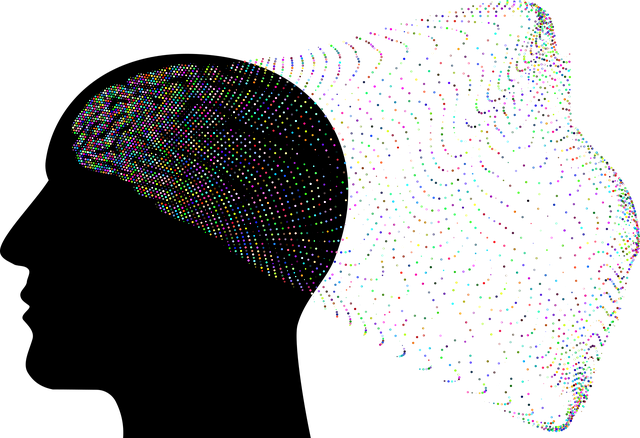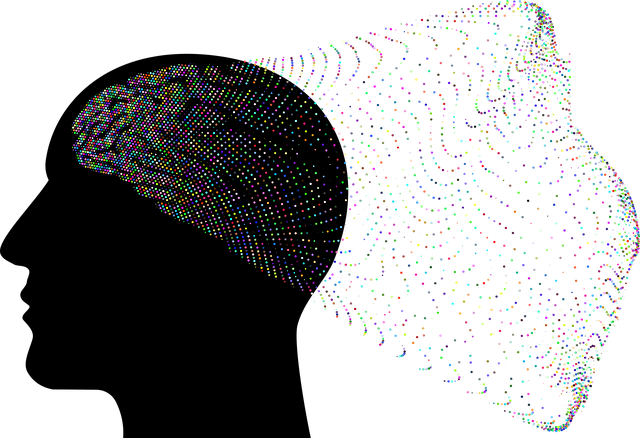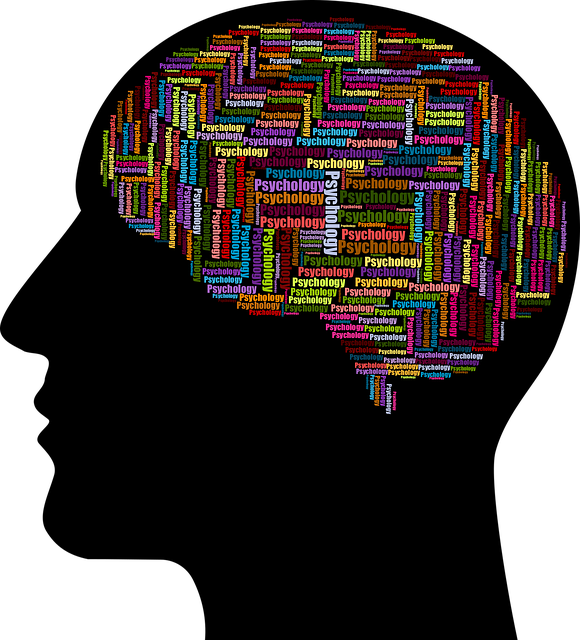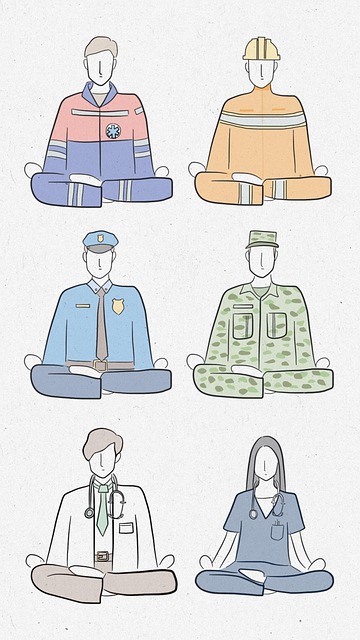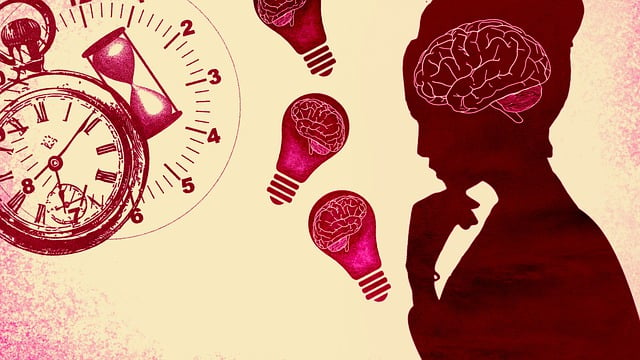The "Golden Therapy" for Therapists-Clinicians is a powerful crisis intervention strategy, emphasizing active listening, empathy, and tailored stabilization techniques. By creating safe spaces, fostering understanding, and encouraging positive emotional expression, this therapy benefits both short-term conflict resolution and long-term mental wellness coaching. Integrating self-care routines, community outreach programs, and cultural sensitivity enhances therapists' resilience and allows for more holistic care, addressing individual and systemic trauma support services effectively.
In the intricate field of mental health, crisis intervention strategies are a cornerstone for therapists and clinicians. This comprehensive guide delves into the essentials of understanding crisis situations and offers powerful techniques drawn from the Golden Therapy framework. From empowering effective support to practical implementation in real-world settings, this article equips professionals with tools to provide timely and impactful interventions. Discover how Golden Therapy enhances therapeutic outcomes and fosters resilience among individuals facing crises.
- Understanding Crisis Intervention: A Cornerstone for Therapists-Clinicians
- Golden Therapy Techniques: Empowering Effective Support
- Practical Implementation: Strategies for Real-World Applications
Understanding Crisis Intervention: A Cornerstone for Therapists-Clinicians

Crisis intervention strategies are a golden therapy for therapists-clinicians, serving as a cornerstone in their professional arsenal. Effective crisis intervention requires a quick assessment of the situation, often characterized by intense emotions and immediate needs. Therapists-clinicians must be adept at stabilizing individuals during these critical moments, providing immediate relief while ensuring safety and well-being. This involves active listening, empathy, and tailored support to help clients navigate their crises.
Understanding crisis intervention is not just about responding to acute situations; it also entails fostering resilience. By integrating elements of self-care routine development for better mental health into their practice, therapists-clinicians can enhance their ability to offer consistent care. Moreover, community outreach program implementation and trauma support services are essential components that enable professionals to address broader systemic issues, thereby providing more holistic interventions.
Golden Therapy Techniques: Empowering Effective Support

In the realm of crisis intervention, Golden Therapy stands out as a powerful tool for therapists and clinicians. This therapeutic approach leverages the art of active listening, empathy, and open communication to create a safe space for individuals in distress. By employing Golden Therapy techniques, professionals can effectively support clients by fostering understanding, rebuilding trust, and promoting positive emotional expression—essential elements for successful conflict resolution techniques.
Through this method, therapists not only address immediate concerns but also lay the groundwork for long-term mental wellness coaching programs development. Encouraging journaling exercises tailored to individual needs can serve as a valuable Mental Wellness Journaling Exercise Guidance, allowing clients to reflect on their experiences and gain insights into managing future crises. Golden Therapy for Therapists-Clinicians is thus not just a technique; it’s a transformative process that empowers both the helper and the helped, ultimately enhancing overall mental wellness.
Practical Implementation: Strategies for Real-World Applications

Implementing crisis intervention strategies requires a practical, nuanced approach tailored to diverse real-world scenarios. For therapists and clinicians, the “Golden Therapy” isn’t a singular solution but a collection of evidence-based techniques that can be adapted based on individual needs and cultural contexts. This involves not only addressing immediate distress but also fostering emotional regulation skills, as seen in effective Mental Health Policy Analysis and Advocacy. Incorporating Cultural Sensitivity in Mental Healthcare Practice is paramount to ensuring the approach resonates with the client’s background and experiences, enhancing its effectiveness.
By integrating these considerations into their practice, therapists can provide more holistic support. This includes not only guiding clients through acute crises but also empowering them with long-term strategies for emotional resilience. The goal is to enable individuals to navigate future challenges with greater confidence and self-awareness, ultimately promoting mental well-being and reducing the need for frequent crisis interventions.
Crisis intervention is a critical skill set for therapists and clinicians, offering a lifeline to those in distress. By understanding the foundational principles outlined in this article, such as the significance of immediate support and the application of golden therapy techniques, professionals can enhance their ability to navigate challenging situations effectively. Practical strategies shared here provide a roadmap for real-world crisis intervention, empowering therapists to deliver compassionate and competent care during moments that matter most.
